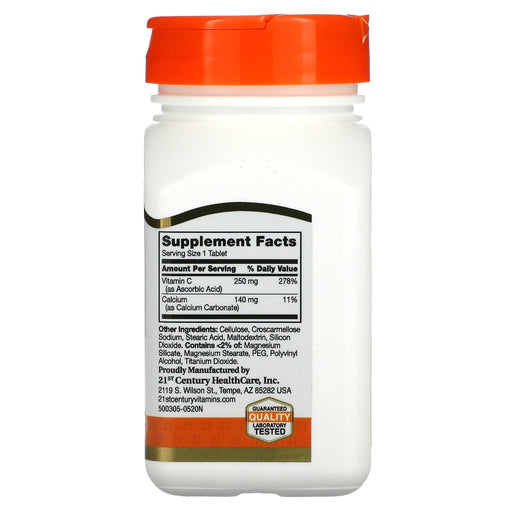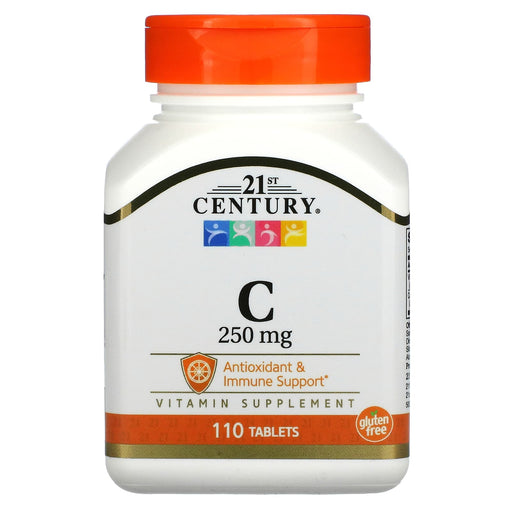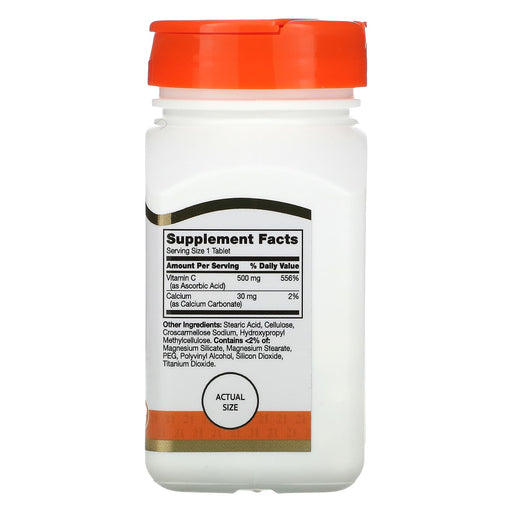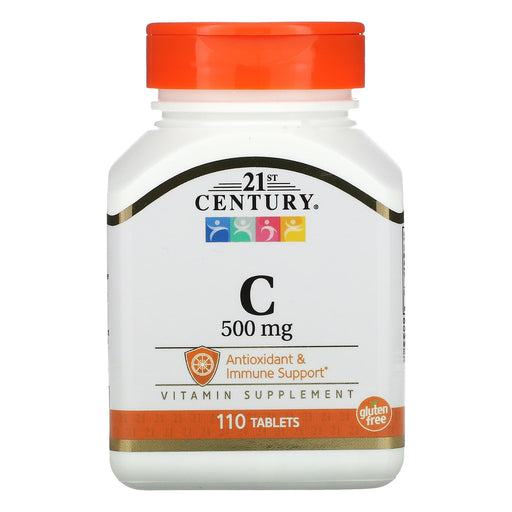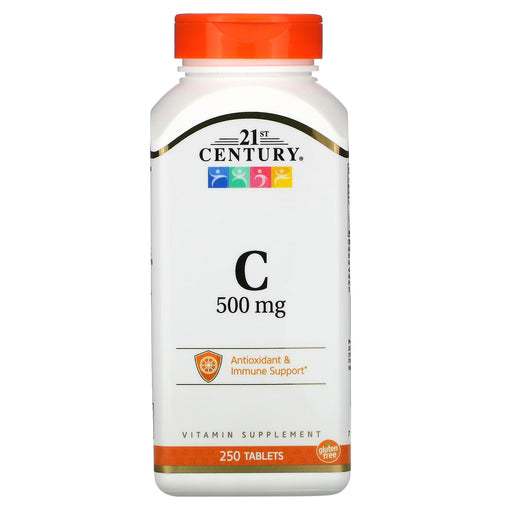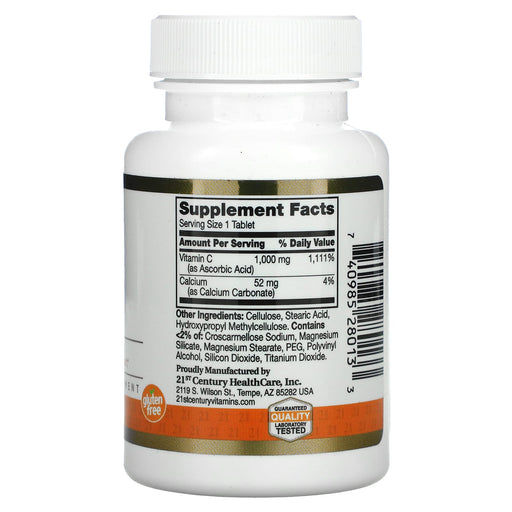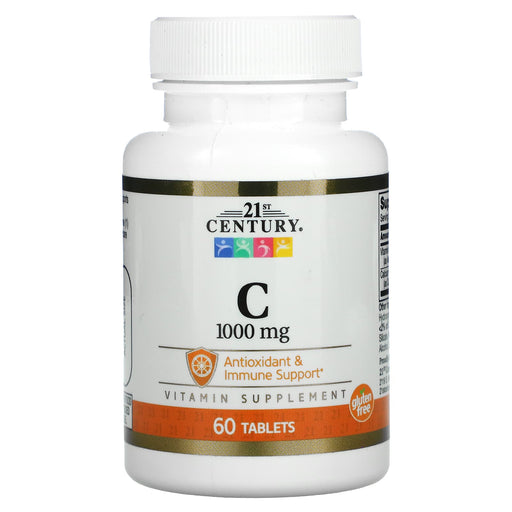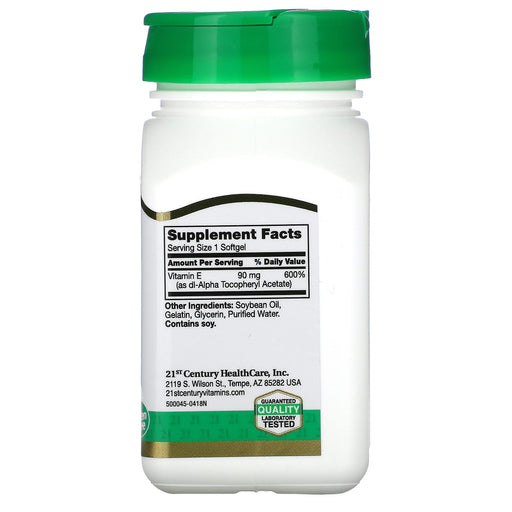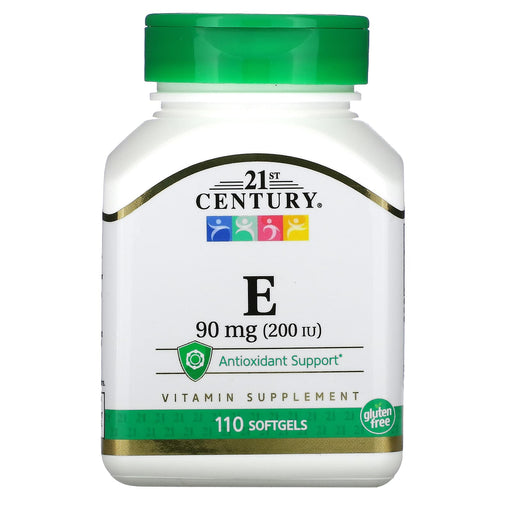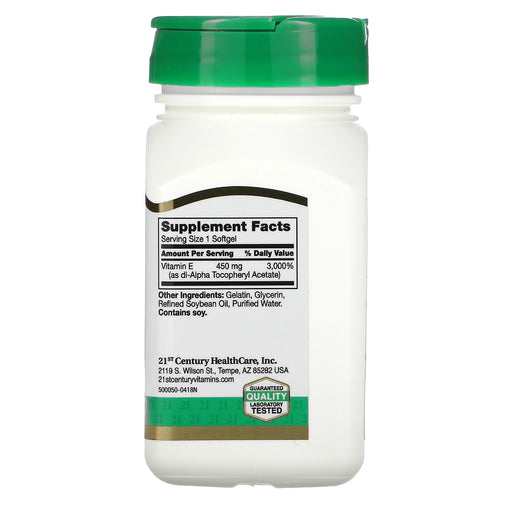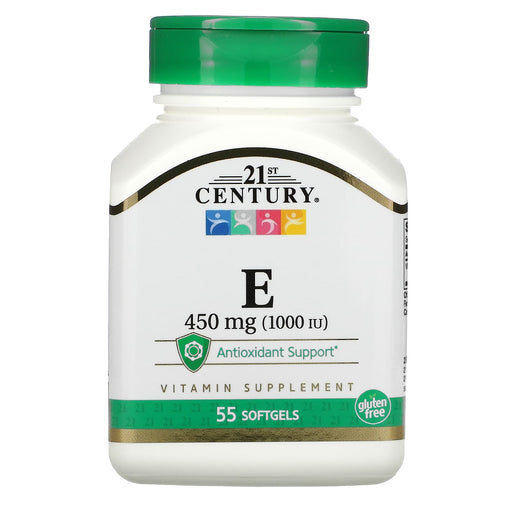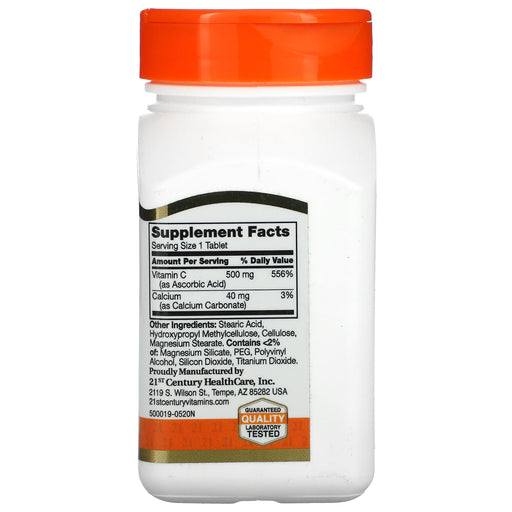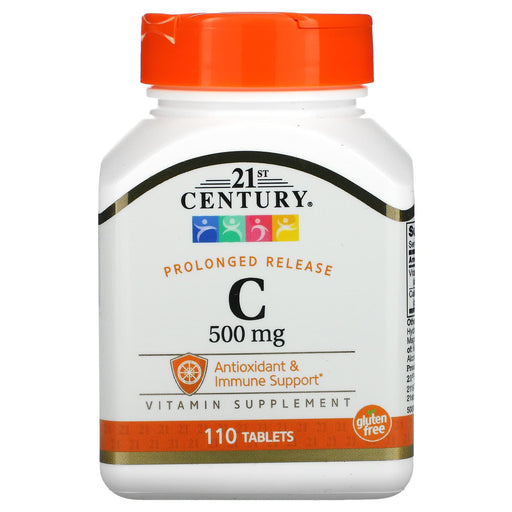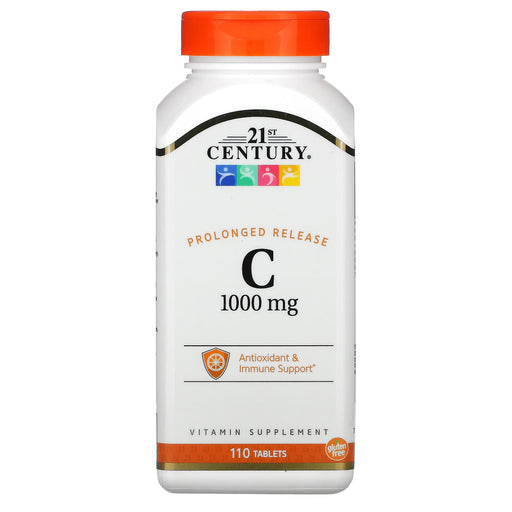
The Building Blocks of Optimal Health and Well-Being
Vitamins are essential micronutrients that play a vital role in maintaining various aspects of health, from supporting immune function and bone health to promoting healthy aging and overall well-being. By ensuring an adequate intake of these crucial nutrients, you can provide your body with the building blocks it needs to function at its best and optimize your health and vitality.
Understanding the World of Vitamins
Vitamins are classified into two main categories: fat-soluble and water-soluble. Fat-soluble vitamins (vitamin A, vitamin D, vitamin E, and vitamin K) are stored in the body's fatty tissues and can accumulate over time, while water-soluble vitamins (B complex and vitamin C) are not stored in the body and need to be replenished regularly through diet or supplementation.
Each vitamin plays a unique role in supporting optimal health and well-being:
- Vitamin A: Essential for vision, immune function, and cellular growth and differentiation.
- Vitamin B Complex: Crucial for energy metabolism, nervous system function, and red blood cell formation.
- Vitamin C: A potent antioxidant that supports immune health, collagen production, and iron absorption.
- Vitamin D: Necessary for calcium absorption, bone health, and immune function.
- Vitamin E: A powerful antioxidant that protects cells from oxidative stress and supports healthy aging.
- Vitamin K: Essential for blood clotting, bone metabolism, and cardiovascular health.
The Benefits of a Comprehensive Vitamin Regimen
By incorporating a comprehensive vitamin regimen into your daily routine, you can experience a wide range of health benefits, including:
- Enhanced Immune Function: Vitamin A, vitamin C, vitamin D, and vitamin E all play crucial roles in supporting immune health, helping to protect your body against infections and diseases.
- Improved Energy and Vitality: B complex vitamins are essential for energy metabolism and the conversion of food into cellular energy, helping to combat fatigue and promote overall vitality.
- Healthy Aging and Antioxidant Protection: Vitamins C and vitamin E are potent antioxidants that help protect cells from oxidative stress, supporting healthy aging and reducing the risk of chronic diseases.
- Strong Bones and Teeth: Vitamin D and vitamin K work together to support calcium absorption and bone metabolism, helping to maintain strong bones and teeth and reduce the risk of osteoporosis and fractures.
- Optimal Nervous System Function: B complex vitamins, particularly B1, B6, and B12, are crucial for the proper functioning of the nervous system, supporting cognitive health and overall well-being.
Choosing High-Quality Vitamin Supplements
When selecting vitamin supplements, it's essential to choose high-quality products from reputable brands. Consider the following factors:
- Comprehensive Formulas: Look for multivitamin supplements that provide a balanced blend of essential vitamins and minerals, ensuring that you're getting a wide range of nutrients to support optimal health.
- Bioavailable Forms: Choose supplements that use bioavailable forms of vitamins, such as methylcobalamin (B12), pyridoxal-5-phosphate (B6), and natural Vitamin E (d-alpha-tocopherol), for optimal absorption and utilization by the body.
- Purity and Quality: Opt for supplements manufactured in GMP-certified facilities, free from contaminants and fillers, and third-party tested for purity and potency.
- Brand Reputation: Select supplements from trusted brands with a history of producing effective, science-backed nutritional products.
Vitamin Supplements and Related Nutrients
To further enhance the benefits of a comprehensive vitamin regimen, consider pairing your vitamin supplements with related nutrients that work synergistically to support overall health and well-being, such as:
- Minerals: Essential minerals like Calcium, Magnesium, Zinc, and Selenium work together with vitamins to support various aspects of health, from bone strength and immune function to antioxidant protection and overall well-being.
- Omega-3 Fatty Acids: These healthy fats, found in fish oil and other sources, have anti-inflammatory properties and may help enhance the absorption and utilization of fat-soluble vitamins like vitamin A, vitamin D, vitamin E, and vitamin K.
- Antioxidants: Pairing your vitamin supplements with additional antioxidants, such as Coenzyme Q10, Alpha-Lipoic Acid, and Resveratrol, can provide a powerful defense against oxidative stress and support healthy aging.
Incorporating Vitamin Supplements into Your Health Regimen
To maximize the benefits of vitamin supplementation, consider the following tips:
- Consult with a Healthcare Professional: Before starting any new supplement regimen, consult with a healthcare professional to determine which vitamins and dosages are appropriate for your individual needs and health status.
- Pair with a Balanced Diet: While vitamin supplements can help ensure adequate intake, they should be used in conjunction with a balanced diet that includes a variety of nutrient-rich foods, such as fruits, vegetables, whole grains, lean proteins, and healthy fats.
- Be Consistent: Consistency is key when it comes to vitamin supplementation. Take your supplements regularly, as directed, to ensure that your body is receiving a steady supply of essential nutrients.
Build a Foundation of Optimal Health with a Comprehensive Vitamin Regimen
Ready to experience the transformative power of vitamins for your overall health and well-being? Experience our collection of premium vitamin supplements and take the first step towards building a solid foundation for optimal vitality and wellness.
Our vitamin supplements are carefully formulated with high-quality, bioavailable ingredients to ensure maximum absorption and effectiveness. Whether you're looking for supplement to support immune health, boost energy and vitality, or promote healthy aging, our comprehensive vitamin supplements can help you achieve your health goals.
Invest in your health and well-being with the building blocks of optimal nutrition. Browse our vitamin collection today and unleash the potential of these essential nutrients for your overall health and vitality.
Frequently Asked Questions about Vitamins
1. What are the benefits of vitamins in the body?
Vitamins play crucial roles in maintaining optimal health and supporting various bodily functions. They help in:
- Boosting immune system function
- Supporting healthy vision
- Promoting healthy skin, hair, and nails
- Facilitating proper metabolism and energy production
- Assisting in the formation of red blood cells
- Supporting bone health and preventing osteoporosis
- Aiding in the prevention of chronic diseases such as heart disease and certain cancers
2. Why is it important to take vitamins?
Taking vitamins is important because:
- Modern diets often lack the necessary nutrients due to processed foods and poor eating habits
- Certain health conditions, medications, and lifestyle factors can increase the need for specific vitamins
- Vitamins help fill nutritional gaps and ensure the body receives the essential nutrients it needs to function properly
- Adequate vitamin intake can help prevent deficiencies that may lead to various health problems
- Vitamins support overall health, boost immune function, and promote healthy aging
3. What vitamins are good for what?
Different vitamins have specific functions and benefits for various aspects of health:
- Vitamin A: Supports eye health, immune function, and skin health
- B vitamins: Aid in energy production, brain function, and red blood cell formation
- Vitamin C: Boosts immune system, promotes collagen production, and acts as an antioxidant
- Vitamin D: Supports bone health, immune function, and calcium absorption
- Vitamin E: Acts as an antioxidant, supports skin health, and promotes healthy aging
- Vitamin K: Assists in blood clotting and supports bone health
4. What happens to your body when you start taking vitamins?
When you start taking vitamins, your body may experience the following:
- Improved energy levels and reduced fatigue
- Enhanced immune system function and better resistance to illnesses
- Better overall mood and mental well-being
- Healthier skin, hair, and nails
- Improved digestion and nutrient absorption
- Reduced risk of vitamin deficiencies and associated health problems
- Potential improvements in specific health conditions related to vitamin deficiencies
5. How do you know if vitamins are working?
Determining if vitamins are working can be challenging, as the effects may be gradual and not always immediately noticeable. However, some signs that vitamins are working include:
- Increased energy levels and reduced fatigue
- Improved overall sense of well-being
- Stronger immune system and fewer illnesses
- Healthier skin, hair, and nails
- Better digestion and reduced gastrointestinal issues
- Improved blood test results showing higher levels of specific vitamins
- Alleviation of symptoms related to vitamin deficiencies
6. How do I know if I am taking the right vitamins?
To ensure you are taking the right vitamins, consider the following:
- Consult with a healthcare professional or registered dietitian to assess your individual needs
- Get a blood test to identify any vitamin deficiencies or imbalances
- Consider your age, gender, health status, and lifestyle factors when choosing vitamins
- Read labels carefully and choose high-quality vitamins from reputable brands
- Monitor your body's response to the vitamins and adjust as needed under professional guidance
- Be aware of potential interactions between vitamins and medications or other supplements
7. What are the side effects of taking vitamins?
While vitamins are generally safe when taken as directed, some potential side effects may include:
- Gastrointestinal issues such as nausea, diarrhea, or constipation
- Headaches or dizziness
- Skin reactions such as rash or itching
- Interactions with medications or other supplements
- Toxicity or overdose symptoms if taken in excessively high doses
- Allergic reactions in rare cases
- Masking of underlying health conditions or nutrient deficiencies
It is important to follow the recommended dosage and consult with a healthcare professional if any adverse effects occur.


